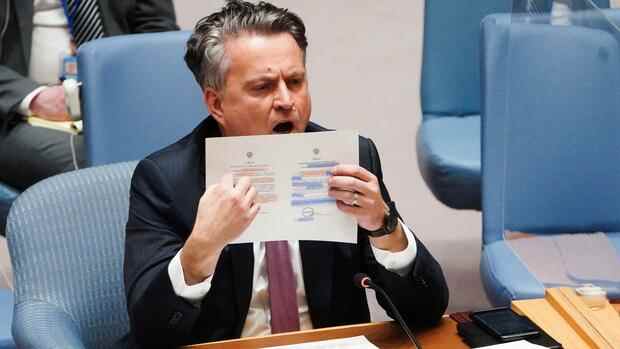the escalating Russia-Ukraine conflict threatens according to economists expected upswing in the German economy after the omicron recession in winter to delay. “The danger that the spring recovery will falter is increasing by the hour,” said ING chief economist Carsten Brzeski of the Reuters news agency Trade with Russia is of course not big enough to stop a general pick-up in industry due to improved supply chains,” the economist said. “A further escalation of the situation, however, brings new uncertainty, which is poison for the economy.” In addition, there are still sanctions to be expected from the West against Russia.
“In view of the escalation of the Ukraine crisis and the expected sanctions, it is by no means certain whether the economy will pick up speed again in the spring when the Omicron wave subsides,” said an analysis by Commerzbank. The chief economist estimated it similarly of Berenberg Bank, Holger Schmieding. “A Russian attack on Ukraine would postpone the recovery by one to two months,” said the expert. But the strong rise in sentiment indicators, such as the purchasing managers’ index recently, shows how strong the buoyant forces are at the moment. Schmieding expects a further increase in energy prices because of the conflict. But Europe is no longer as vulnerable here as the winter season is largely over.
the German-Russian trade in goods added up to just under in 2021 60 billion euros. This corresponds to a share of a good two percent of the total German exchange of goods with other countries. This puts Russia in 13th place among Germany’s most important trading partners. Goods worth around 33 billion euros were delivered from Russia, mainly raw materials such as natural gas and crude oil – the country is Germany’s largest supplier of energy. Goods worth almost 27 billion euros were exported to Russia, mainly machines, vehicles and electrical engineering.
